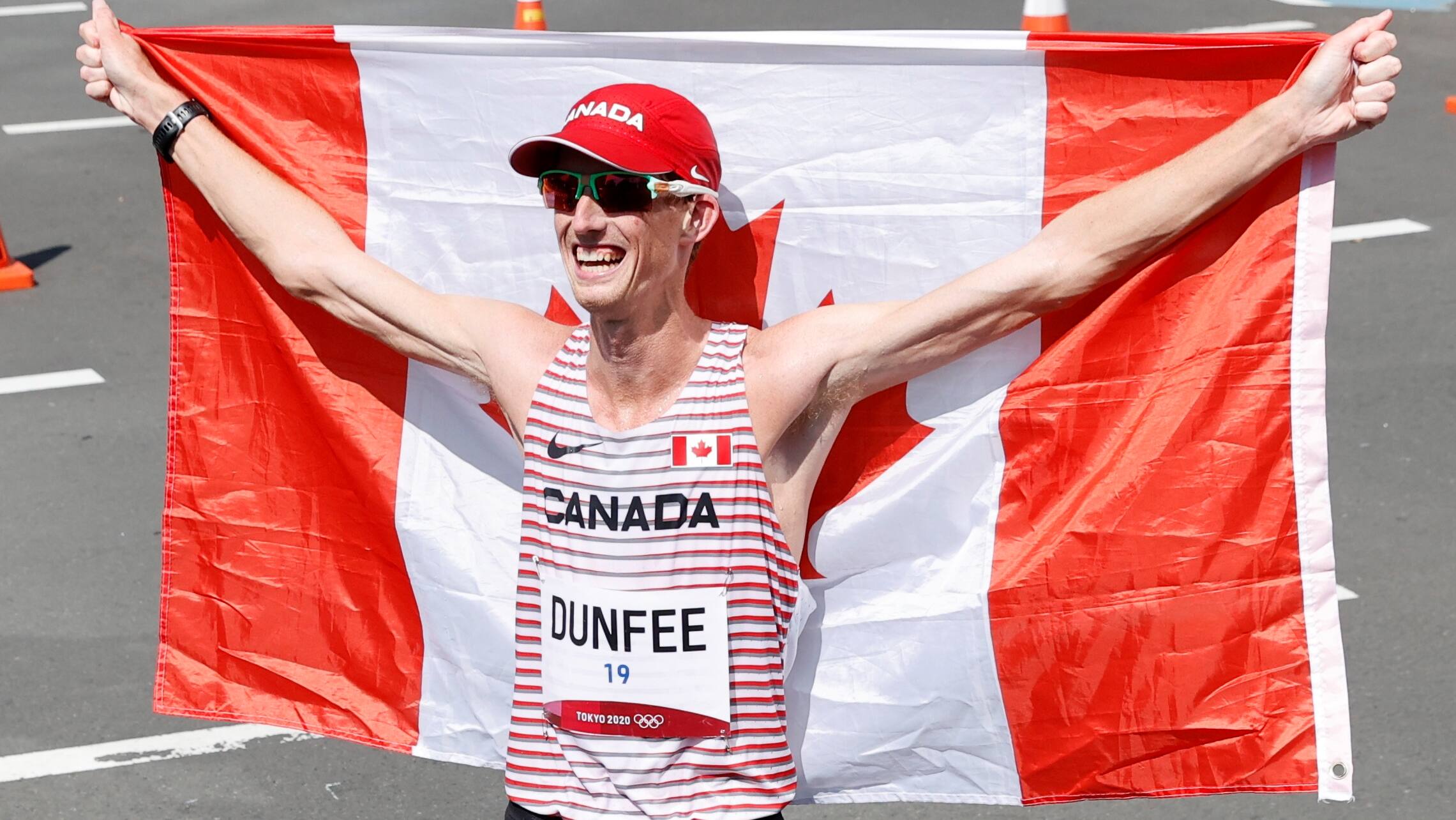 | Friday, December 10, 2021
Reading this online? Sign up to get this delivered to your inbox every Friday. | | Why Vancouver's property tax debate is really about what sort of city it should be | | |  | | | Political debates are always difficult, but especially so when people can’t even agree on the basic terminology.
Take property taxes in the City of Vancouver.
The city’s 2022 budget, passed this week, raises the municipal portion of property taxes by an average of 6.35%.
That continues a rising trend over the past five years, to a point where the property tax in real dollars for the average single-family home in Vancouver is among the highest in the region, whereas it used to be in the bottom half.
And of the eight municipalities with at least 85,000 people in B.C. that have passed or submitted budgets so far for next fiscal year, Vancouver’s tax increase is the highest.
Given that, you may understand why a narrative has formed around the city’s taxation strategy.
But what if I told you the exact opposite is true?
“The overall property tax rate in Vancouver ... is close to the lowest in North America,” argues Canadian Centre for Policy Alternatives senior economist Alex Hemingway.
His argument is based on measuring the property tax rate, not in tangible dollars, but as a percentage of a property’s assessed value. Which, given Vancouver’s incredibly high land values and small geographic footprint, puts the rate near the very bottom.
“We've designed our property tax system to pretend that the hundreds of billions of dollars in land wealth increases that we've seen in this city don’t exist, and that has consequences,” said Hemingway, who argues the city could solve a lot of its problems if it tried to capture a small portion of the untaxed equity gains people have made on their properties.The truth is, you can do a lot of different property tax comparisons between cities: for gross dollars, for the percent of a home’s value, adjusting for differences between condos and detached homes, adjusting for regional governments with a separate tax for utilities, adjusting for whether cities are amalgamated or not.
But at the root of these arguments over rankings is a bigger philosophical discussion. There are some who believe local governments should be minimalist operations focusing on safe streets, thriving businesses, beautiful public spaces and little else.
And there are others who believe cities should raise revenue to try to address big problems of affordable housing and climate change in lieu of greater provincial or federal support.
That debate will continue in Vancouver, long after discussion of this particular budget is forgotten. | | |  | | | 1. Dike upgrades | | | While budget debates are at the forefront of a lot of municipalities right now, those along Metro Vancouver’s floodplain also have other thoughts top of mind, for obvious reasons. Delta’s mayor, George Harvie, says he’ll be pushing for a regional plan for dike upgrades, while Abbotsford Mayor Henry Braun is asking for more federal help.
Read more in Global News | | |  | | | 2. Election 2022 | One usually doesn’t comment on council candidacies more than 10 months before voting day, but we make exceptions for people that have just won a bronze medal at the Olympics. However, Richmond's Evan Dunfee is but one of many already running for council across the region, as people get campaigns (and fundraising efforts) started before 2022 limits are in place.
Read more | | | |  | | | 3. Maple Ridge | For awhile now, three councillors in Maple Ridge have been on the outs with the mayor and the majority on council, sometimes warning that their voices were at risk of being silenced because they disagreed with council decisions. Last week, two of them were completely removed from all committee- and acting-mayor appointments for 2022. Consider our curiousity piqued. Read more in the Maple Ridge News | | | | | |  | | | 4. Developments | Two longtime proposals for big developments in municipalities, where big developments are difficult to get through, moved a little closer to a big vote this week: Port Moody approved a public hearing for redevelopment of a neighbourhood across from a SkyTrain station, while West Van's long debated Cypress Village development passed Phase 2.
Read more in the North Shore News | | | |  | | | 5. Nelson | A few months after Surrey council banned a few members of the public from attending meetings due to alleged aggressive and threatening behaviour, Nelson council has authorized the city manager to do the same thing. But while in Surrey it was about the new police force, in Nelson the subject is vaccine mandates. We’ll see if this dispute also heads to court. Read more in the Nelson Star | | | | | | Share this newsletter | | or subscribe if this was
forwarded to you. | | | | Check out the latest headlines at cbc.ca/bc and follow our municipal affairs reporter Justin McElroy on Twitter. And if you have any questions you might want answered in a future mailbag, drop Justin a line at metromatters@cbc.ca. | | | |
